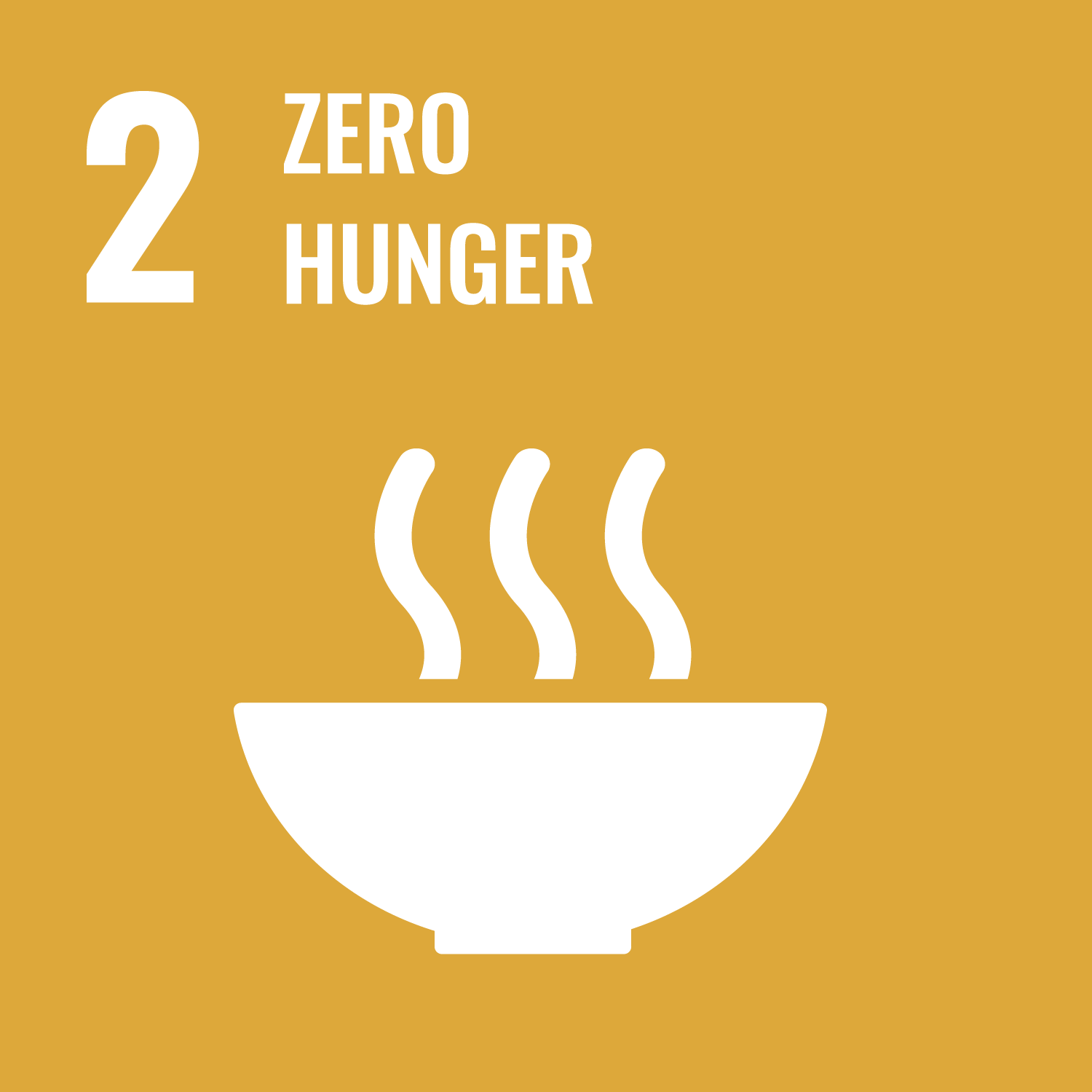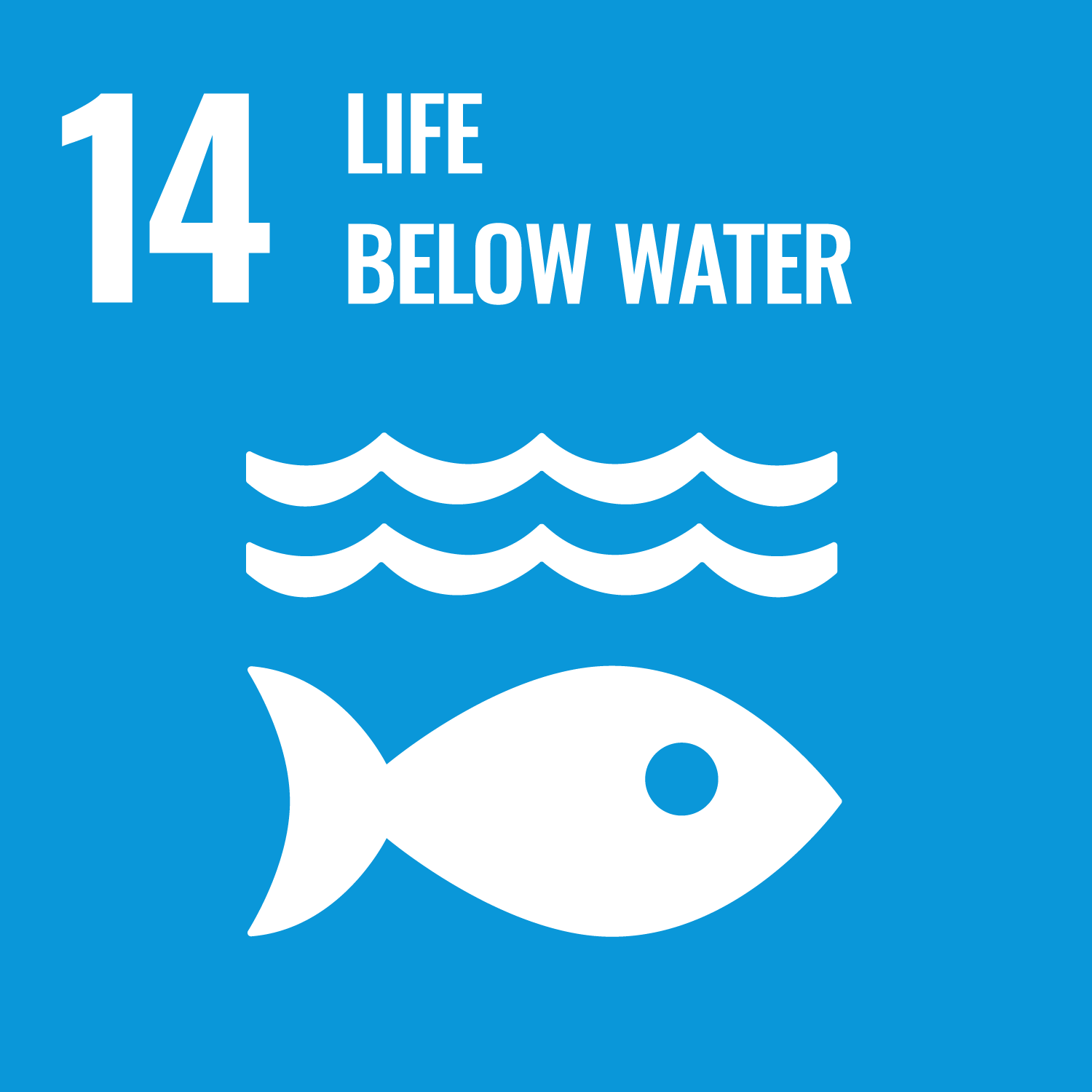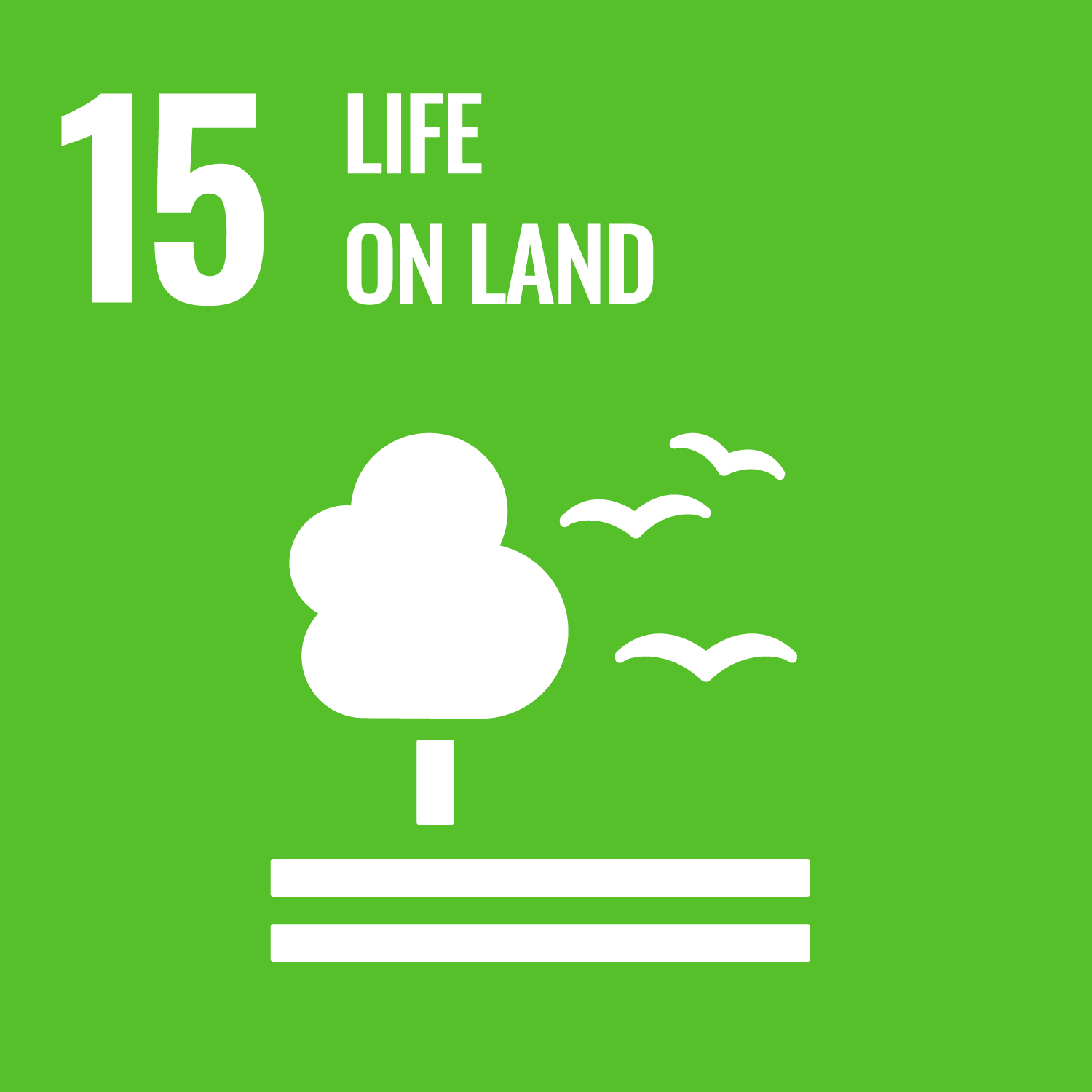Recent developments in the fields of biochemistry, molecular biology, and cell biology are remarkable. Molecular・phenomena・physiological
mechanisms have been clarified in various research fields.
Contribution to medical care is remarkable, and based on methods obtained from biochemistry and molecular biology, some refractory diseases that could not be treated so far have fundamentally changed the treatment method.
In the future, the flow of such research is expected to widen more and more.
Therefore, this special theory outlines the latest knowledge of biochemistry, molecular biology, and cell biology.
Contribution to medical care is remarkable, and based on methods obtained from biochemistry and molecular biology, some refractory diseases that could not be treated so far have fundamentally changed the treatment method.
In the future, the flow of such research is expected to widen more and more.
Therefore, this special theory outlines the latest knowledge of biochemistry, molecular biology, and cell biology.
Understand and examine the contents of previously published papers on the latest research on biochemistry, molecular biology,
and cell biology.
- I can outline the importance and issues of regenerative medicine
- I can outline the relationship between autophagy and disease
- I can explain the molecular mechanisms for the stimulus reception in cells.
- I can explain cell signal transduction mechanisms.
- I can outline the current research theme
| Class schedule | HW assignments (Including preparation and review of the class.) | Amount of Time Required | |
|---|---|---|---|
| 1. | Guidance (1) by K Yoshimura Electrical excitation of cells 1) Mechanisms of the generation of resting and action potentials 2) Ion channels 3) Cell membrane and membrane proteins |
Prepare and review the distribution print | 180minutes |
| 2. | Molecular mechanisms for photoreception 1) Cone and rod cells 2) G proteins and G-protein coupled receptors 3) Cyclic nucleotide gated channels |
Prepare and review the distribution print | 180minutes |
| 3. | Molecular mechanisms for chemoreception 1) Taste cell 2) Intracellular calcium store 3) Inositol triphosphate 4) Purinergic receptors |
Prepare and review the distribution print | 180minutes |
| 4. | Molecular mechanisms for mechanoreception 1 1) Principles of hearing 2) Hair cells 3) Sense of balance 4) Sense of acceleration 5) Touch reception |
Prepare and review the distribution print | 180minutes |
| 5. | Molecular mechanisms for mechanoreception 2 1) Piezo channel 2) Hemi-channel and cancer metastasis |
Prepare and review the distribution print | 180minutes |
| 6. | Molecular mechanisms for intracellular signal transduction 1) Receptor tyrosine kinase |
Prepare and review the distribution print | 180minutes |
| 7. | Cytoskeleton 1) Actin, microtubule, intermediate filament 2) Localization, structure, and motility of cytoskeleton |
Prepare and review the distribution print | 180minutes |
| 8. | Guidance (2) by Y Hirota | Prepare and review the distribution print | 180minutes |
| 9. | Importance and challenges of regenerative medicine (lecture) | Prepare and review the distribution print | 180minutes |
| 10. | Importance and issues of regenerative medicine (Presentation of survey contents) | Prepare and review the distribution print | 180minutes |
| 11. | Relationship between autophagy and disease (lecture) | Prepare and review the distribution print | 180minutes |
| 12. | Relationship between autophagy and disease (Presentation of survey contents) | Prepare and review the distribution print | 180minutes |
| 13. | Research theme and future progress (lecture) | Prepare and review the distribution print | 180minutes |
| 14. | Research theme and future progress (Presentation of survey contents) | Prepare and review the distribution print | 180minutes |
| Total. | - | - | 2520minutes |
| Reports | Presentations | Total. | |
|---|---|---|---|
| 1. | 15% | 15% | 30% |
| 2. | 15% | 15% | 30% |
| 3. | 20% | 20% | 40% |
| Total. | 50% | 50% | - |
Reports(50%) and presentations(50%) are evaluated, and a total of 100 points and a score of 60 points or more are accepted.
60% of the total point is the level that can understand the contents of textbooks and lecture distribution prints and explain
the contents to other people.
After assignment to the laboratory, students can understand the contents of the research smoothly.
After assignment to the laboratory, students can understand the contents of the research smoothly.
Review of biochemistry, molecular biology, and cell biology.
Course taken of the above courses is available only for this lecture.
Course taken of the above courses is available only for this lecture.
- Tuesday and Wednesday lunch break, 1 hour after class
- When you visit, please contact (e-mail etc) in advance
- Course that cultivates an ability for utilizing knowledge
- Course that cultivates a basic interpersonal skills
- Course that cultivates a basic self-management skills
- Course that cultivates a basic problem-solving skills
| Work experience | Work experience and relevance to the course content if applicable |
|---|---|
| Applicable | Based on my experience in clinical drug development, I will teach the concepts of biochemistry and molecular biology, which are the fundamental technologies of life science, and practical applications using the latest current research. |






- 1.NO POVERTY
- 2.ZERO HUNGER
- 3.GOOD HEALTH AND WELL-BEING
- 4.QUALITY EDUCATION
- 14.LIFE BELOW WATER
- 15.LIFE ON LAND
Last modified : Sun Mar 21 14:57:46 JST 2021
